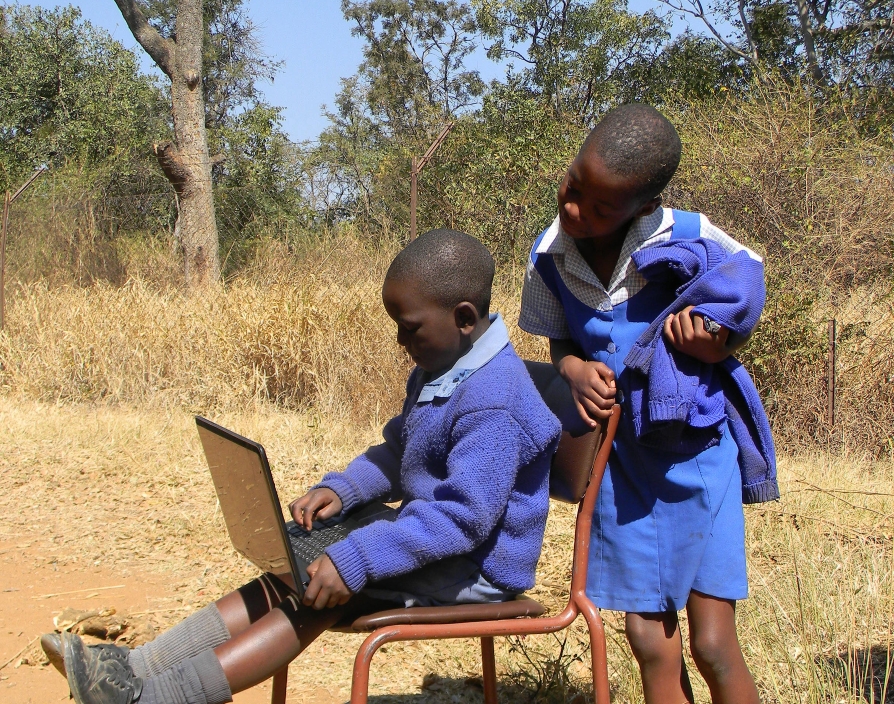Africa may not spring to mind when looking for promising tech startups in the same way as London or Silicon Valley but that would be a crippling oversight. Indeed, we’re only seven months into the year and, thanks to tech, investments in 2018 have already hit $168.6m and surpassed the continent’s 2017 VC funding figure of $167.7m, according to WeeTracker, the technology media platform. If this keeps up year-on-year, we may be witnessing the Cambrian Explosion of African tech startups. But to see that evolution, lessons must be learned from current successes.
Following the continent’s $409.93m of capital available this year across 15 funds, accelerators and incubators, there’s clearly demand for innovation. “Africa’s 1.2 billion people represent 15% of the world’s population and crucially, over 50% of the population is under 20 years old,” explains Pieter van der Merwe, managing director at VDMA Attorneys, the Globalaw firm. Indeed, the continent’s young population ripe for technological adoption is unprecedented and investors can’t keep away. “More than half a billion people in Africa now use mobile services,” says Oussama Fraikech, partner at Fraikech Associés, the Globalaw firm. “This means there is growing technical knowledge and consumer demand in the market, which is an attractive proposition to investors.”
It’s shown by tech startups like cellulant, the digital payment platform from Kenya, which raised a $47.5m series C and singlehandedly overtook the $47.23m African startups collectively secured in the first half of 2017. And this is without mentioning the continent’s wider fintech scene clocking up 25 deals worth $95m, making it the most funded sector this year. “From Oradian’s point of view in the financial inclusion sector, we have seen more and more fintech startups enter African markets to meet the fast-growing demand for financial services and mobile money,” says Antonio Separovic, CEO of Oradian, the financial inclusion company. “The startup community will only continue solving more and more problems in Africa and encourage development.”
Although, fintech isn’t the only heavy hitter in the industry. Breaking it down, energy, health, education and transportation are also on top of their game, according to Separovic. “One promising trend that we’ve seen is an increasing number of partnerships between startups, established community organisations and public organisations within each sector,” he adds.
Despite the success, there’s no denying Africa’s long been riddled with issues from famine to poverty dissuading some investors. However, this tech boom thrives on making positives out of the negatives. “The rise in startup funding is a reaction to the market’s demand – there is a potential to confront Africa’s most critical issues, while the barriers for entering the market are minimal,” continues Separovic.
It’s clear that Africa presents problems tech innovators are primed to tackle. “Currently, the distribution of healthcare is a challenge facing many African countries due to a lacking infrastructure, both in underdeveloped cities and in rural areas, which makes it a key sector in need of new technology solutions,” says Merwe.
Riding high on exponential investments, the African tech industry is rising like its great sun, especially over countries like Nigeria, Kenya and Egypt, which are seeing top funding figures. However, more nations need to make that end of the list. “The startup community is at the takeoff stage in many parts of the continent and the real point is that some markets have continued to attract most of the investment,” summarises Brian Gitta, founder of Matibabu, the malaria test device and winner of the Royal Academy of Engineering Africa Prize.
Indeed, making top markets and countries tech-enabled will benefit all. “There’s need to widen the scope to help transformative innovation that can easily happen across the continent take flight,” Gitta adds. “We are seeing a rise in funding in Africa because there have been a lot of co-working spaces and research institutions coming up to help mentor and provide relevant skills to Africa’s growing population. The African tech sector exemplifies how entrepreneurs are reversing some of Africa’s brain drain and IT is reshaping the continent’s global linkages and most importantly addressing needs for all emerging markets.”
Despite the need to widen opportunities as stated by Gitta, there’s no denying the future of startups on the continent is looking bright. “From blockchain and drones being used in agriculture to tech innovation hubs being set up across the continent, the startup scene will only continue to grow,” concludes Fraikech.
Such investor confidence in African tech and continued entrepreneurial creativity may well bring the sci-fi of Wakanda closer to reality after all. ![]()
Share via:








































